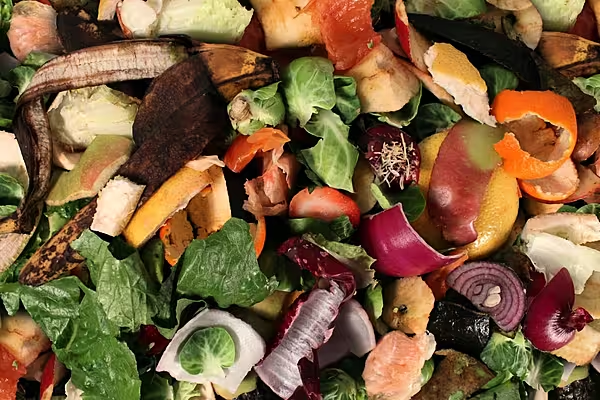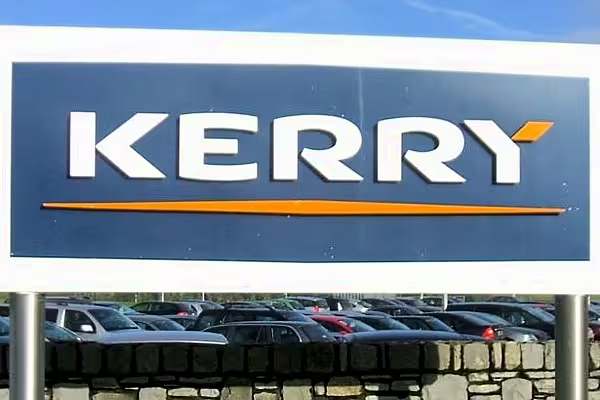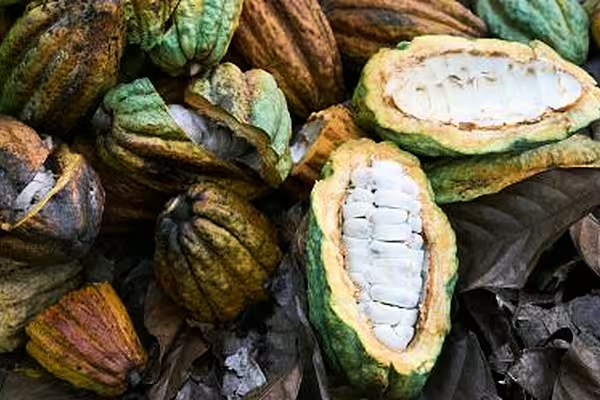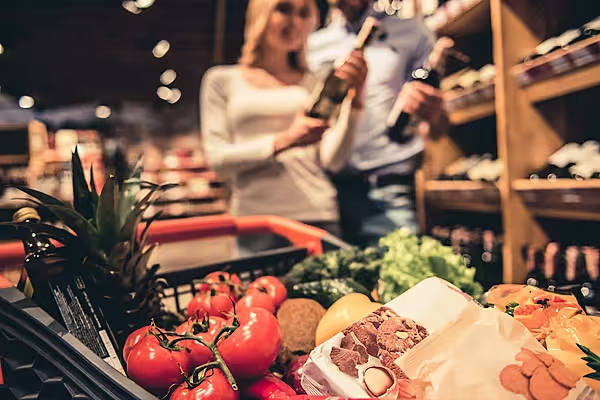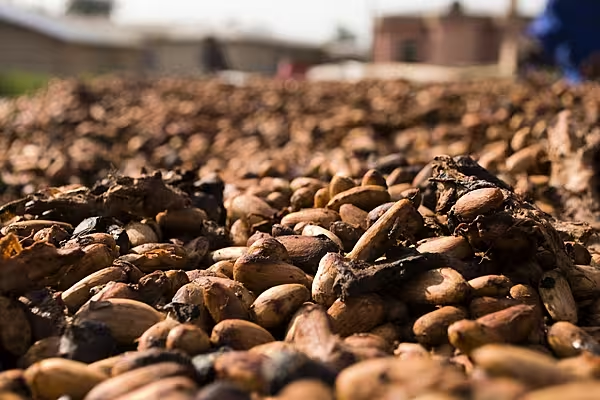Aidan O'Sullivan talks to Odile Le Bolloch, member of the Food Waste Prevention team at the Environmental Protection Agency (EPA) Ireland about why best before on labels doesn’t mean bad after.
According to the EPA Ireland generates over one million tonnes of food waste every year.
A study from the EPA Waste Characterisation study in 2018, looked at the six main public sectors for subsequent waste surveys (household waste was discussed in another survey).
Of the six sectors, Food Retail accounted for 19.4% of the total reported municipal waste produced in Ireland, followed by Hotels (19.3%), General Retail (13%), Restaurants (12.2%), Public and Private Offices (11.3%), and Food wholesale (5.4%).
In terms of mixed residual waste, organic waste was the largest individual waste category at 42.2%. This included 31.9% food waste, 4.5% unused packaged food, and 4.8% liquid wastes.
The report also found, however, that from 2008 to 2018, organic waste has fallen by approximately 20%. It suggests that this likely reflects the increased use of brown bin services nationally as well as improved practices in business.
Consumer Food Waste
Businesses in the Retail and Hospitality sectors are not the only groups that heavily contribute to food waste. The EPA Waste Characterisation study in 2018 which examined waste generated by Irish households claimed that we attribute to approximately 200,000 tonnes every year, meaning that every tonne of food waste in five has come directly from Irish households.
Odile Le Bolloch, member of the Food Waste Prevention team at the Environmental Protection Agency, agreed that we all have a big part to play.
Speaking with Checkout, Le Bolloch highlighted: “While day to day [household food waste] may not seem like a problem, it all adds up.”
“But we all waste food; no single sector is more responsible than others, it is wasted all along the supply chain and in the home. We, therefore, need to work together to tackle it and find innovative solutions.”
Le Bolloch emphasised that it takes resources to get food from farm to fork, highlighting the journey to be made in the supply chain, and why this is an even stronger case to manage our food better.
“It takes a lot of resources to put food on our tables,” Le Bolloch explains. “Growing, processing, transport and storage all use massive amounts of energy and water, along with packaging, fertilisers and machinery.” These activities generate greenhouses gases that drive climate change, so it is important that we value and carefully use the food we produce.
Unfortunately, according to Le Bulloch, one-third of the food produced in the world for human consumption is lost or wasted. Not intentionally, Le Bulloch claims, citing simple consumer misbehaviours such as over purchasing, poor planning (meal plans and shopping lists), poor management and awareness of existing stock, all of which could be avoided by simply taking a photo of inside the fridge before going out to shop.
She also noted the over-cautious nature of Irish consumers when it comes to Best Before and Due By labels. This is more a warning that food should be used or frozen before that date, Le Bolloch said, adding that best before dates refer to food quality and food will be safe to eat after the ‘best before’ date.
“A good way to remember is ‘Best before doesn’t mean bad after,” she added.
Change Our Habits? Try The System
However, while there is a lot of focus on changing consumer behaviour and habits, Le Bulloch admitted that more needed to be done higher up in the supply chain. “Each group will have their own reasons for wasting food and have their own solutions for reducing it,” she said.
Who has the easiest job? While not the easiest role, Le Bulloch believes that the retail sector has the ability to step up as an intermediary and accelerate positive action.
“While they may not be the sector responsible for the most food waste, retailers are the link between producers and consumers and uniquely placed to share insights into the dynamic of the market for food in Ireland and why food may be wasted,“ Le Bulloch said.
“Retailers have a lot of insight into consumer behaviour and preferences, and they also have a role in relation to raising consumer awareness with things like in-store labelling and advice on how to store food, and providing options to buy smaller amounts. In recent times retailers have been very responsive to consumer demand, such as providing loose fruit and veg, and reducing plastic.”
One such action from retailers can be seen in their activities with charitable start-ups such as FoodCloud, an Irish social enterprise that links businesses who have too much food with those who need it most, which has established partnerships with retailers like Aldi, Lidl, and Tesco in Ireland, prioritising food nearing the end of its use by date, and products that will not be put on sale the following day.
As a result, donations usually comprise a mix of fresh fruit and vegetables, bakery, meat products and more, all redirected from potential waste to making people’s lives better.
© 2019 Checkout – your source for the latest Irish retail news. Article by Aidan O’Sullivan. Click sign-up to subscribe to Checkout.
